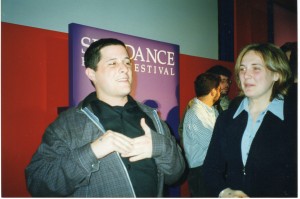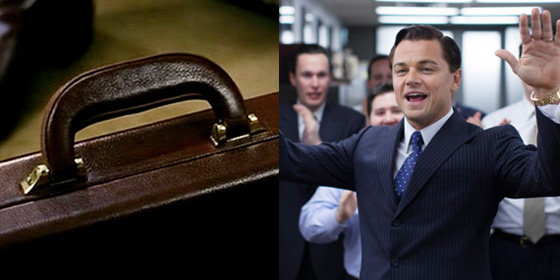By Morgan J. Freeman
This story won’t shock anybody who knows me — but I’m hoping it might help some who don’t.
When my debut feature, Hurricane Streets, won an unprecedented three awards at Sundance in 1997 (Audience Award, Best Director, Best Cinematography), I thought I’d arrived at the age of 27. I was sure of it. All my hard work had paid off and I was, as they said, “set.” With the struggle behind me, it was time to celebrate, to bask in the glow of my crowning achievements and settle in as one of our industry’s top directors.

But early success went straight to my head. Bigtime. Something shifted when I won those awards — my ego was fed a huge dose of You Rule Pie — and I was consumed by it. I became completely self-absorbed with my achievements and couldn’t celebrate them enough. Fueled by a false sense of my place, I lost sight of my way — and had zero ability to capitalize off the moment in a sane, strategic way. I skipped key industry meetings, canceling last minute if at all; refused a meeting with an A-list actor because a producer wanted to be present; boycotted a critical on-set budget meeting with a financier so I could watch X-Files (he now runs a studio); was more interested in dating the lead actress than directing her; and showed up on set with last night’s party all over me.
When my agent, manager or lawyer advised me to clean up my act, I fired them (usually over vitriolic late night emails). Without really grasping what was happening, this small window of opportunity — one I perceived as permanent, as “mine” — slammed shut. And by the time I came to six years later, it was as if it had never really been opened at all.
I was 33, scratching my head, wondering what the fuck had just happened?





